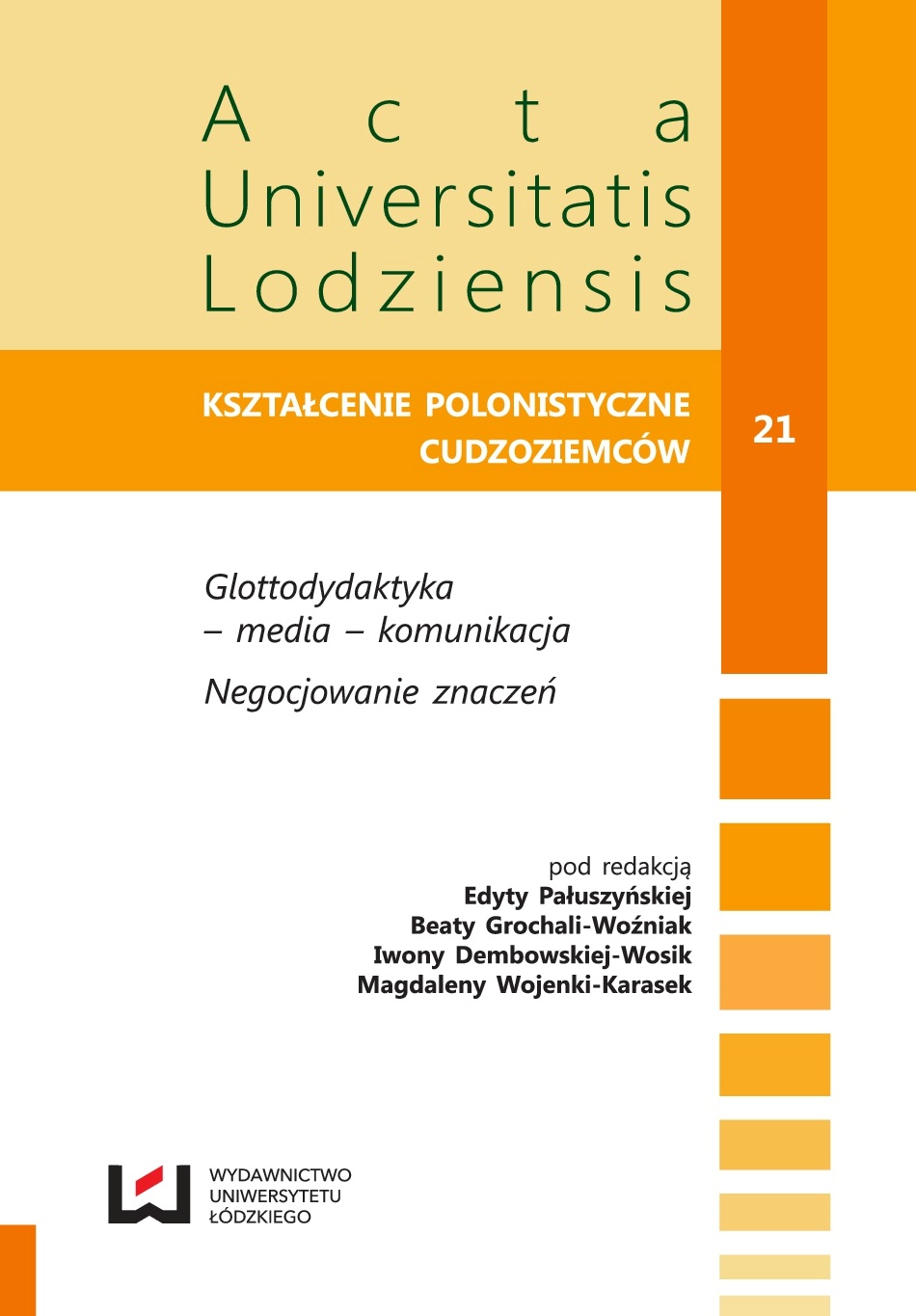KATEGORIE WIEDZY I WŁADZY W DYSKURSIE PUBLICZNYM
THE CATEGORIES OF KNOWLEDGE AND POWER IN PUBLIC DISCOURSE
Author(s): Małgorzata Rzeszutko-IwanSubject(s): Media studies, Epistemology, Structuralism and Post-Structuralism, Philosophy of Language
Published by: Wydawnictwo Uniwersytetu Łódzkiego
Keywords: discourse (public; judicial; media); the category of knowledge; the category of power; order;
Summary/Abstract: The aim of this article is to present how the categories of knowledge, power, and order function in the public discourse on the basis of the judicial and media discourse. The source of their understanding are the works of the philosopher Michel Foucault. The immanent order manifests itself through the category of knowledge and power and these categories constitute and create a discourse which plays a significant role of the institutional tool to maintain internal order. It guarantees consistent relationships between subjects, situational, contextual, thematic as well as ideological, axiological, social. The category of order is manifested in three areas: symbolic, non-verbal, and verbal. Knowledge is understood as: looking for, searching for the truth and the interpretation of the truth, revealing the truth. In contrast, the category of power gains institutional meaning – real and/or linguistic – symbolic.
Journal: Acta Universitatis Lodziensis. Kształcenie Polonistyczne Cudzoziemców
- Issue Year: 2014
- Issue No: 21
- Page Range: 23-36
- Page Count: 14
- Language: Polish

